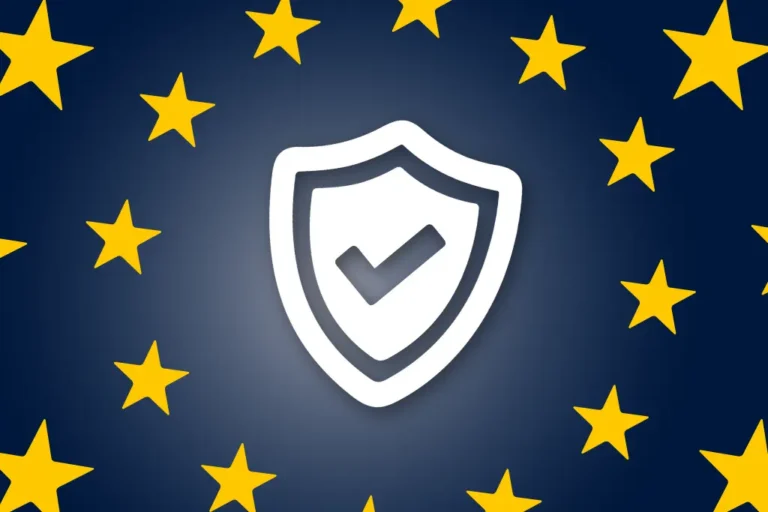Canadian legal proceedings are changing. Most provincial and federal courts have transformed how they are operating during the COVID-19 pandemic. Hearings and proceedings that aren’t adjourned are being conducted by videoconference, and electronic filing has replaced paper. These new guidelines are expected to stay in place at least until the pandemic is over.

Some experts are predicting that virtual proceedings will be the “new normal” even after the end of the pandemic, as courts have been forced to move off of paper-based systems. The Chief Justice of the Ontario Superior Court, Geoffrey Morawetz, has indicated that some of the changes to how the Ontario Superior Court does business will be here to stay.
All of this points to a new normal of how legal departments should be operating, mostly guided by how the operations at provincial and federal courts are changing. The obvious first step is to have the right technology for video conferencing in place, which presumably you do since your staff have started working from home.
The British Columbia Law Society has an excellent list of best practices that take cybersecurity and regulation protecting personal information into consideration for video conferencing. Once employees return to the office, you’ll want to plan for smaller meeting spaces that will allow staff to participate in virtual hearings distraction-free and with the right technology. The second step is to have secure cloud solutions in place that will help your legal department properly organize and navigate paperless electronic filings.
Supreme Court of Canada Offers Videoconference Hearings for First Time
As the highest court in the land, when the Supreme Court changes something about how it operates, many other courts follow suit. Before the pandemic, the Supreme Court was trying to make hearings more accessible to Canadians by traveling to various jurisdictions where cases originated rather than trying them in Ottawa, offering plain-language judgements, and using social media to get the word out about its work. It recently held its first hearings by teleconference, one of which was about contract law.
Ontario Superior Court: From Paper to Paperless in a Matter of Months
Ontario’s Auditor General, Bonnie Lysyk, found that 96 percent of the court filings in Ontario were done with paper in 2018 and 2019. The system has been modernized almost overnight to accomodate a larger volume of e-filings. The Commercial List, which most corporate legal departments would be concerned with, is accepting filings by email. Urgent matters are being heard remotely.
The E-Hearings Task Force was convened in May 2020 to help Ontario courts through the crisis, with a mandate of identifying a suitable electronic platform and best practices for virtual hearings. The task force has been trying out a number of solutions and has not yet released recommended best practices.
The shift from paper to paperless has been something that most corporate legal departments are ahead of the game on compared to the rest of the legal world. Given the high volume of contracts and other documents flowing through a corporate legal department, workflows need to be streamlined. In addition, many businesses are actively pursuing corporate social responsibility measures which involve cutting down on paper.
Canadian Legal Proceedings: Privacy and Transparency Concerns Heightened
With all of these files that used to be on paper going digital, and video conferences being conducted for the first time, there are some very real concerns around cybersecurity, violating privacy regulations, and transparency of the legal process.
Selecting a secure video conferencing tool and the right equipment is easy. Selecting legal entity and contract management solutions that can help you go paperless while keeping security top of mind is more difficult. DiliTrust Governance is one such solution that adheres to all Canadian data privacy regulations as well as important international regulations such as the HIPAA and the General Protection Data Regulation (GDPR). In addition, it is certified to ISO/IEC 27001:2013, a set of industry best practices for data safety and control measures.
Contact us to book a demonstration of how the DiliTrust Governance suite can enable your legal department to go paperless quickly and securely.


